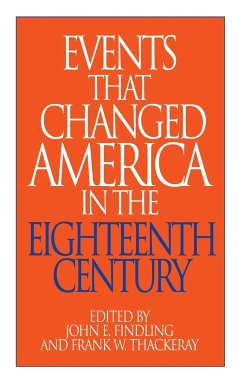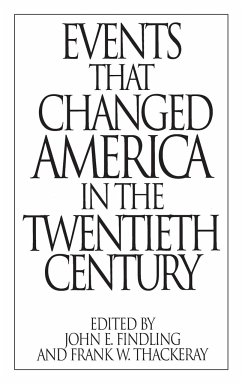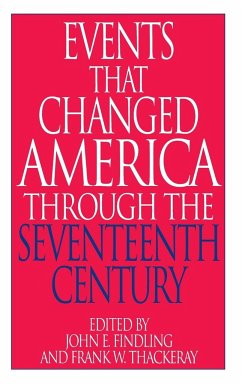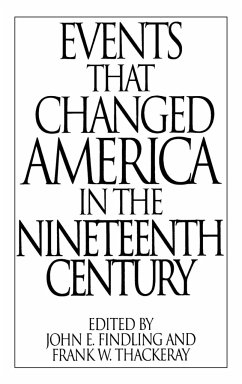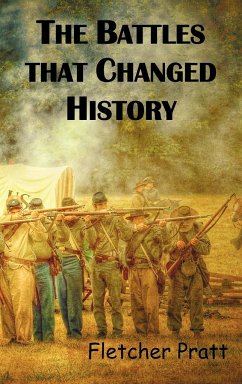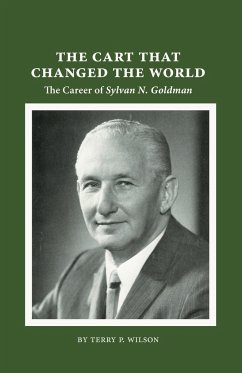
The Cart That Changed the World
The Career of Sylvan N. Goldman
Versandkostenfrei!
Versandfertig in 1-2 Wochen
21,99 €
inkl. MwSt.

PAYBACK Punkte
11 °P sammeln!
From his birth in Ardmore, Indian Territory, in 1898, the life of Sylvan Nathan Goldman (1898-1984) spans almost the entirety of Oklahoma's modern history. He stands as a symbol of America's twentieth-century pioneers, the developers of the business frontier of the state and the nation. His rich, productive life is recorded in these pages. Goldman gained an early familiarity with business, for his father and uncles were merchants in pioneer Oklahoma. After service in World War I he joined his brother in business, and the two became successful retail grocery merchants in the Tulsa area. Undaunt...
From his birth in Ardmore, Indian Territory, in 1898, the life of Sylvan Nathan Goldman (1898-1984) spans almost the entirety of Oklahoma's modern history. He stands as a symbol of America's twentieth-century pioneers, the developers of the business frontier of the state and the nation. His rich, productive life is recorded in these pages. Goldman gained an early familiarity with business, for his father and uncles were merchants in pioneer Oklahoma. After service in World War I he joined his brother in business, and the two became successful retail grocery merchants in the Tulsa area. Undaunted by the Great Depression, the brothers moved to Oklahoma City and soon built up the Standard-Humpty Dumpty chain of groceries, the nucleus of what is now a major national chain. Goldman was an innovator. Early in his career as a grocer he developed many of the advertising and marketing techniques now in common use by supermarkets. But perhaps his greatest and best-known invention was the shopping cart, a device that has affected the lives of virtually all Americans and hundreds of millions of people around the world. The shopping cart spawned a whole list of other inventions that have aided retailing in countless ways. A leader in his industry, Goldman served as president of the Super Market Institute and vice-president of the National Association of Food Chains and of the International Food Congress. Through these offices he spread his innovative ideas throughout the world. After his "retirement" in 1959, Goldman bestowed his time and money on the arts and humanities, religious work, and civic and national affairs. He contributed notable works of art to Oklahoma institutions and was a major supporter of the Southwest Center for Human Relations Studies at the University of Oklahoma and related projects. In retirement Goldman continued to exercise his business talents in insurance, savings and loan associations, banking, real estate, and land development. He also continued his humanitarian pursuits, many of them anonymously. His career contributed greatly to society in Oklahoma and the United States. He is greatly honored in his state and in the nation, as an inspiring example of achievement through hard work, innovation, and dedication. In January 1983 the Oklahoma Blood Institute moved to the Sylvan N. Goldman Center, named for Goldman, who donated $1.5 million for the center. Terry P. Wilson, a native of El Reno, Oklahoma, retired as Professor of Native American Studies at the University of California in Berkeley. He is the author of several books on American Indians, including Teaching American Indian History and The Underground Reservation: Osage Oil, and coeditor of Peoples of Color in the American West.





